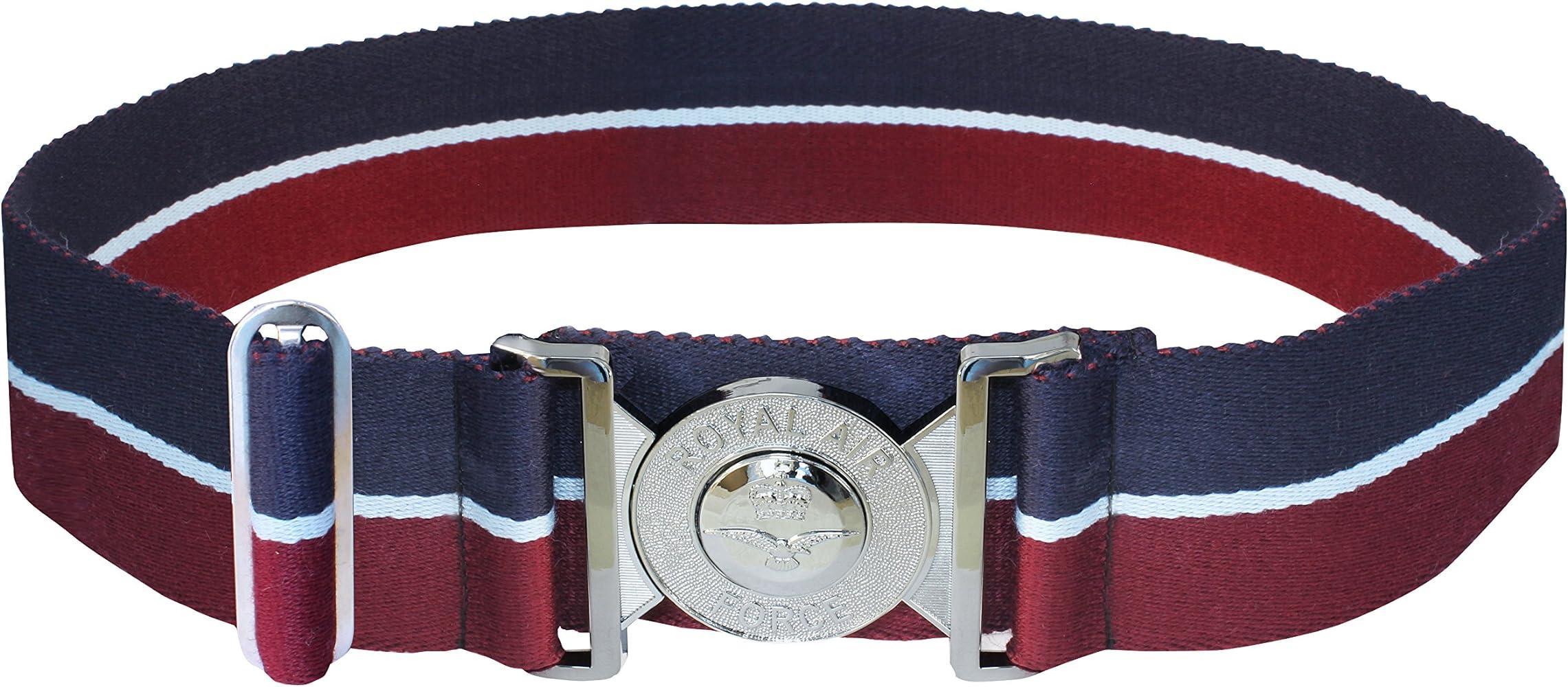
When it comes to feminine hygiene, even well-intentioned routines can sometimes do more harm than good. With so many products and tips circulating online, it’s easy to adopt habits that disrupt your body’s natural balance—especially in such a delicate area. Whether you’re dealing with irritation, ingrown hairs, or just want to up your intimate skincare game, avoiding the most common mistakes is essential.
Dr. Nancy Chun, a board-certified dermatologist and skincare expert, breaks down the top feminine hygiene mistakes women often make—and how to care for your intimate skin safely and effectively.
1. Overwashing or Using Harsh Soaps
The Mistake:
Many believe that frequent washing with scented or antibacterial soaps keeps them “extra clean.” But your vulva has a natural pH balance that harsh cleansers can easily disrupt.
The Fix:
Stick to warm water and a gentle, pH-balanced cleanser specifically designed for intimate areas. Look for formulas that are free from sulfates, dyes, and fragrances. Overwashing can strip away natural oils, causing dryness, irritation, and even infections like bacterial vaginosis.
2. Ignoring Post-Shave Care Down There
The Mistake:
After shaving, most women skip care entirely or apply products not meant for sensitive skin—resulting in razor burn, redness, or ingrown hairs.
The Fix:
Post-shave care is just as important as shaving technique. Use soothing serums for post-shave care down there—products containing ingredients like aloe vera, chamomile, or allantoin. These help calm the skin, reduce inflammation, and keep the area smooth.
3. Wearing Non-Breathable Underwear
The Mistake:
Lacy lingerie may look appealing, but synthetic fabrics trap heat and moisture, creating a breeding ground for bacteria and yeast.
The Fix:
Opt for breathable cotton underwear, especially for everyday wear. If you wear synthetic styles occasionally, make sure to change out of them quickly after sweating or workouts.
4. Using Douches or Vaginal Sprays
The Mistake:
Douching is often marketed as a way to “freshen up,” but it actually disrupts the vaginal flora and can lead to irritation and infections.
The Fix:
Your vagina is self-cleaning—douching is unnecessary and potentially harmful. Focus instead on external intimate skincare, and if you’re concerned about odor or discharge, consult your doctor instead of masking symptoms.
5. Not Changing Pads or Tampons Frequently
The Mistake:
Leaving in a tampon or pad for too long can lead to bad odor, bacterial buildup, and even toxic shock syndrome (TSS) in rare cases.
The Fix:
Change tampons every 4-6 hours and pads every 4-8 hours, depending on flow. For overnight protection, consider period underwear or larger pads specifically designed for extended wear.
6. Wearing Tight Clothing Too Often
The Mistake:
Skin-tight jeans and leggings are stylish but can cause chafing, trap heat, and increase the risk of infection when worn frequently.
The Fix:
Rotate in looser-fitting clothes, especially on hot or active days. Post-workout, change into dry clothes as soon as possible to prevent moisture buildup in the intimate area.
7. Forgetting That Skincare Includes Your Intimate Area
The Mistake:
You might have a 10-step skincare routine for your face—but completely overlook the needs of your most sensitive skin.
The Fix:
Treat your intimate skin with the same care and consideration. Use gentle exfoliants no more than once a week, and moisturize with lightweight, fragrance-free lotions or intimate-specific serums. Avoid body scrubs or retinoids in this area.
Expert Tip from Dr. Nancy Chun: Intimate Skincare Is Self-Care
“Healthy intimate skin is just as important as facial or body skincare. Choosing the right products and routines helps you stay comfortable and confident while preventing long-term irritation or damage. Think of it as skincare where it matters most.” — Dr. Nancy Chun, MD, Dermatologist
FAQs About Feminine Hygiene
Q1: What is the best way to clean the vaginal area daily?
A: Use lukewarm water and a gentle, unscented cleanser made for the vulva. Avoid inserting anything into the vagina—it cleans itself naturally.
Q2: Can I use regular body lotion on my intimate area?
A: Not recommended. Choose intimate-specific moisturizers that are pH-balanced and formulated without synthetic fragrances or alcohol.
Q3: How can I prevent ingrown hairs in the bikini area?
A: Exfoliate gently once or twice a week using a mild scrub or chemical exfoliant. Follow up with soothing serums for post-shave care to calm irritation.
Q4: Are panty liners safe to use every day?
A: Occasionally is fine, but daily use—especially with scented liners—can cause irritation. If you must use them, opt for unscented, breathable options and change frequently.
Q5: What causes feminine odor, and how can I manage it?
A: Natural vaginal odor varies and is usually normal. Persistent odor may signal infection—avoid masking it with sprays and consult a healthcare provider if it changes suddenly.
Final Thoughts
Practicing good feminine hygiene isn’t about doing more—it’s about doing what’s right for your body. By avoiding these common mistakes and choosing products designed for intimate skincare, you can maintain a healthy balance, prevent discomfort, and feel your best every day.
Ready to Upgrade Your Intimate Skincare Routine?
Explore dermatologist-approved products formulated for post-shave care, soothing hydration, and gentle daily cleansing—because your most sensitive skin deserves expert care.




